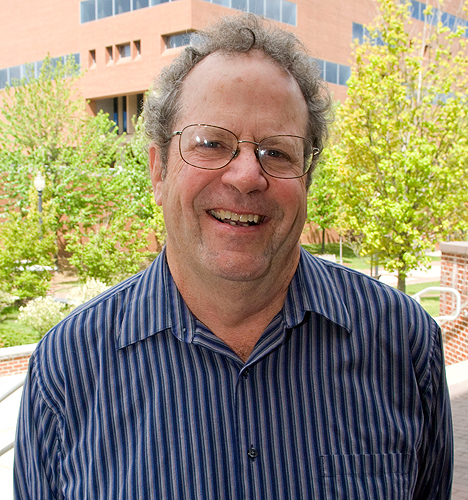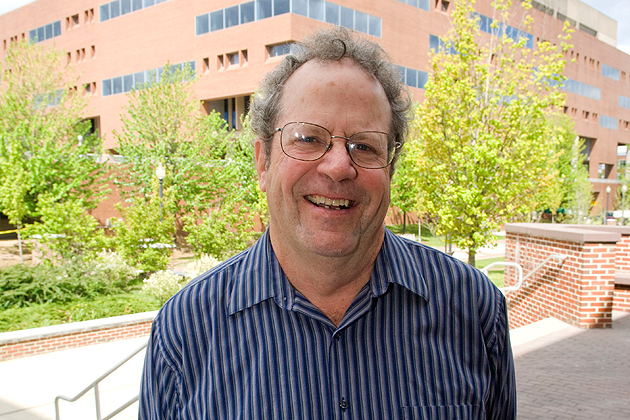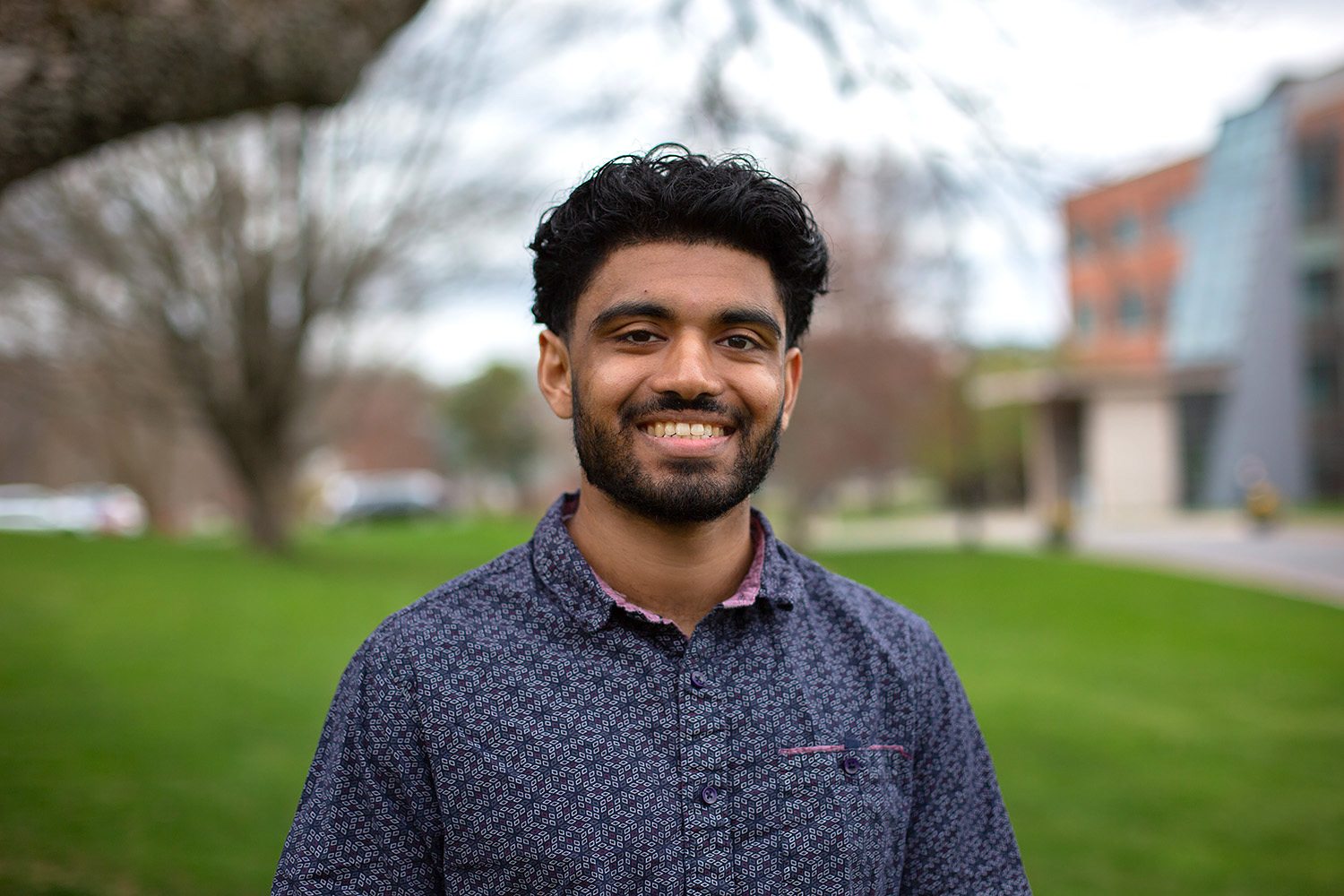
David A. Kenny, Board of Trustees Distinguished Professor Emeritus of Psychology, will receive the highest honor in social psychology when the Society of Experimental Social Psychologists (SESP) meets in October.
Kenny will receive the Distinguished Scientist Award from SESP at its national meeting in Austin, Texas for his substantial contributions to social psychology. He studies social interaction and interpersonal perception, focusing on couples, or dyads, and groups. He is particularly known for work on process modeling that social and behavioral psychologists regularly use in their research.
A paper that he co-authored in this area for the Journal of Personality and Social Psychology has been cited more than 32,000 times since it was published in 1986.
Much of his work is on method, but on the substantive side he describes his research interest as “person perception” – how we get to know each other, the judgments we make about people that we meet, and how our perceptions or judgments agree with those of others.
He is a fellow of the American Academy of Arts and Sciences and has received two other distinguished lifetime achievement awards – from the International Association of Relationship Research (2010) and the Society of Multivariate Experimental Psychology (2009). He was also recently named to receive the first Methodological Innovation Award from the Society of Personality and Social Psychology (SPSP).
The SPSP award honors his achievements on innovative research designs (such as the round robin) and analytic approaches for questions involving nonindependent data in dyads and groups. He also shares SPSP’s 2012 Theoretical Innovation Prize with co-author Tessa West of New York University for their 2011 Psychological Review article “The Truth and Bias Model of Judgment,” which draws from classic theory in multiple domains of psychology to create a single, integrative framework for the study of accuracy and bias. He will receive the SPSP awards at the society’s 2013 annual meeting in New Orleans, La., in January 2013.
He says the upcoming awards are particularly gratifying because they are in his own field of social psychology, and reflect on the work he has done with his graduate students at UConn.
Kenny has advised 25 Ph.D. students over his career. Some now hold academic posts at universities including Michigan State, New York University, and the University of California at Davis. Others work for think tanks, in market research, and, in the case of one former student, for the Secret Service.
Kenny retired a year ago but remains active in research and still advises one doctoral student; another finished in December 2011.
The SESP award was won by his own major adviser at Northwestern University, Donald Campbell, in 1988, Kenny points out. Kenny earned his Ph.D. at Northwestern in 1972, and was on the faculty at Harvard University before joining UConn in 1978.
He has received more than $1 million in grant support from the National Science Foundation and the National Institute of Mental Health over the course of his career. Kenny was director of the Data Analysis Training Institute at UConn from 2004 to 2010, and was chosen an Alumni Association Distinguished Professor in 2006. His most recent book, published in 2006, is Analysis of Dyadic Data, and he recently contributed a chapter, “Knowing how others see us,” to the book, Handbook of Self-Knowledge.
Hear more: http://clas.uconn.edu/facultysnapshots/view.php?id=kenny



